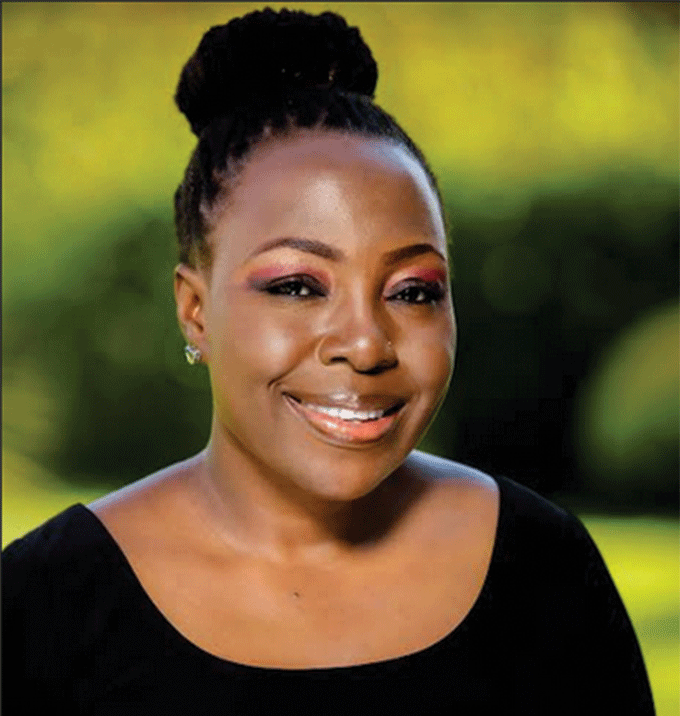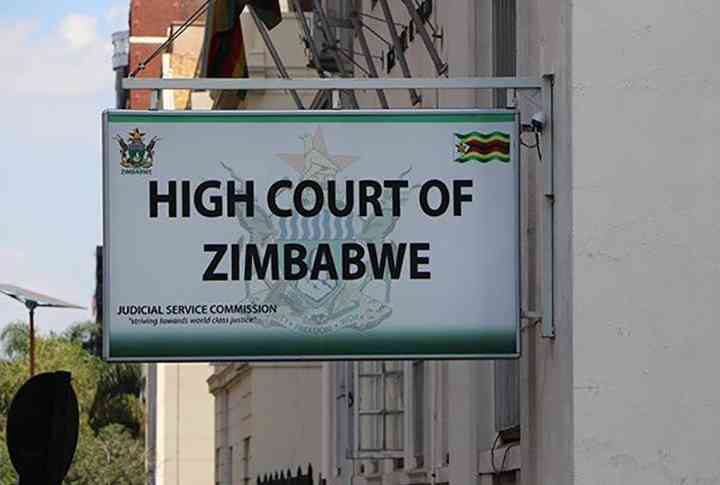
By Miriam Mangwaya
ZIMBABWE recently enacted the Freedom of Information Act, which replaced the Access to Information and Protection of Privacy Act (AIPPA), providing citizens and media practitioners with the right to access information and creating legal frameworks and mechanisms for accessing information from public and private bodies. Tag a Life International (TaLI) a non-governmental organisation (NGO), which advocates for gender equity and equality, recently launched a campaign dubbed My Freedom of Information to help women understand the import of the new law. Its director Nyaradzo Mashayamombe (NM) spoke to NewsDay (ND) senior reporter Miriam Mangwaya.
ND: Why is it important for members of the public, especially women, to have access to information on public affairs?
NM: We live in societies where we have systems that govern us, and so we should know the rules, policies and resources that govern our existence. In short, access to information enables us to know our rights and our responsibilities and to participate in holding institutions that govern our resources accountable.
The Freedom of Information Act enables citizens to approach both private and public bodies which include churches, non-governmental organisations (NGOs) and government institutions, to request for information that is essential for them to make well-informed decisions.
For this and as a campaign, we (TaLi) are also targeting those living with disabilities, available communities and the elderly, besides women, because they usually cannot access information that matters. They usually are the ones that are not really enjoying their rights. Therefore, the Freedom of Information Act is an enabler for the community to know what is available, what is due to them and for women and girls to know the rights that they have.
For instance, women and girls must have access to know what has been allocated to them in the national budget so that they know if they can access the public funds to empower themselves. Access to information enables citizens to enjoy the rest of their other rights.
ND: What gaps do the Freedom of Information Act close?
- Chamisa under fire over US$120K donation
- Mavhunga puts DeMbare into Chibuku quarterfinals
- Pension funds bet on Cabora Bassa oilfields
- Councils defy govt fire tender directive
Keep Reading
NM: The Freedom of Information Act is providing opportunity for journalists to have access to information and be able to write and inform the public. In the past, journalists could be harassed, tortured or even killed for requesting public information. Male journalists could engage in gentlemen’s clubs and get information that was classified, but female journalists could not do so.
However, the Freedom of Information Act provides an opportunity for journalists, including females, to advance in their careers. The Act is protecting female journalists from having to compromise their morality in a quest to access information. We are hoping that it will enable female journalists to write critical things that have been male-dominated and these include issues of politics and economics.
Ordinary women and girls can advance their own rights by engaging and participating in governance and democracy issues if they are equipped with this essential public information. Where they feel their rights are being infringed, they can speak for themselves.
ND: Do you think knowledge of the provisions of the Freedom of Information Act will improve public participation on issues of governance? Why?
NM: I am very optimistic that this is a perfect opportunity for community members to participate in governance and democracy through utilisation of the Freedom of Information Act.
Concerns have been raised on the timeframes set before the information requested can be availed, that is 14-21 days. However, the Information minister (Monica Mutsvangwa) advised that public officers should strive to avail the requested information at the earliest possible time. What is critical now is for people to begin to demand the information.
People must know that it is within their rights to request documents; or other sources of information so that they are able to monitor and scrutinise public affairs. Information can be requested in any of the 16 official languages recognised in the country, thus enhancing inclusivity.
ND: In the past weeks, there has been an outcry over the death of a 14-year-old Marange girl in particular and the issue of child marriages in general. How best do you think the provisions of the Freedom of Information Act can be utilised to help eradicate child marriages?
NM: The Freedom of Information Act can practically benefit members of the community to be knowledgeable of issues affecting them. For example, many questions are already being asked on why the Johane Marange religion continues to exist when cases of child abuse are continuing to crop up, and the Act can be used to attain answers to that.
Women’s Affairs minister (Sithembiso Nyoni) held a Press conference on the issue of the teenager’s death.
That was an ideal opportunity for journalists to enjoy the provisions of the Act through asking critical questions to hold those in powerful positions accountable. To access information, the public can ask key questions from leadership to make sure that the rights of women are protected, or that children do not continue being abused.
Leaders are given the power to govern to protect the rights and freedoms of the Press, rights to participate freely, and women’s rights, as well as the rights of children and other vulnerable members of the community.
ND: What stands in the way of women accessing information?
NM: When we look at barriers for women to access information that is relevant to their empowerment, we focus on access to the media. Men have more access to information than women. Women are less economically-empowered to afford the media or the new information and communication technology gadgets used to access information.
At home, gender roles prohibit them from watching television and listening to the radio, to name a few.
In the rural communities, women have to do household chores while men have the privilege of going to the shops and listening to the radio, watching television and getting the latest information on current affairs. We have focused on women and girls as far as raising awareness about the Freedom of Information Act because we know that women usually are left out on issues of access to information.
ND: How can women overcome the barriers you have just mentioned?
NM: There are a myriad of solutions to the challenges faced by women in accessing essential information. I highlighted the issues of participation in leadership, participation in income generation project and economic empowerment. We need women to be economically empowered and to be able to buy their own gadgets and to buy televisions and radios. We need girls to go to school to be able to earn a living.
We need women to have access to good health and access to natural resources. We need political platforms and a political environment that allows women and girls to compete for top offices as part of economic and leadership participation. When more women are participating in leadership, more resources are available to children, especially the girl child. In this campaign, we try to reach out to women and girls to encourage them to participate.
ND: What are the societal dangers of absence of citizen participation in governance issues?
NM: When women, girls and the youths are excluded from participating on issues that matter, they continue losing access to resources, business opportunities, and other opportunities that improve their well-being. This new law, therefore, must enable journalists and women to access information and be able to participate in the communities with the tools that they need and information that is essential.
When female journalists, women, youths and citizens in general participate and ask for key information from office holders and it is publicised, it will expose how they are being disadvantaged. We are hoping that there is going to be a better understanding of the Freedom of Information Act to enable women, girls and youths and the disabled to advance.
Most importantly, I urge women not to be sceptical about accessing information. I say to them, let’s take it up and make sure we rise and shine.
- Follow Miriam on Twitter @FloMangwaya










